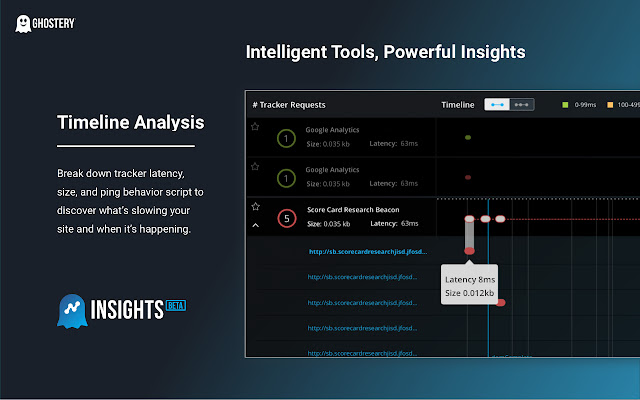
"You don’t know a trading firm until your money’s on the line."
If you’ve spent any time in the online trading space—scrolling past yet another flashy Instagram ad promising funding, or watching seasoned traders on YouTube break down their PnL—you’ve probably heard the buzz around prop trading firms. Some call it the fastest way to scale your trading capital. Others warn it’s more marketing hype than real opportunity. The question lurking in every trader’s mind: Are they actually legit, or just another fancy gatekeeping scheme?
Prop (proprietary) trading firms put their own capital into the hands of traders. Instead of you risking your own account, you pass an evaluation—often a mix of hitting profit targets and avoiding drawdown limits—and if you succeed, the firm allocates you real capital to trade. Profits get split: think anywhere between 50/50 and 90/10 in your favor, depending on the firm.
This setup attracts people from all walks: an options scalper in Chicago, a forex swing trader in Lagos, or a crypto daytrader in Manila. The lure is obvious—bigger capital means potentially bigger returns without blowing up your personal savings.
Spend enough time in Discord groups or Reddit threads, and you’ll see two camps form quickly.
The believers talk about how a prop account sharpened their discipline. The pressure of having strict risk rules forced them to treat every trade like it mattered. Some even scaled from a $50,000 funded account to multi-million allocations. One London-based trader told me they went from grinding $200 forex trades to comfortably pulling $5,000 weeks.
The skeptics warn about hidden obstacles: “surprise” rule changes mid-contract, vague customer support, or evaluation challenges that feel designed to fail you. And yes—some firms pop up overnight, collect evaluation fees, and vanish just as fast.
Here’s what experienced traders look for before committing:
Trading in a funded environment is like moving into someone else’s house—you want clear house rules before unpacking your things.
A prop account often opens doors to trade beyond your usual niche. You might start in forex but realize you have a knack for commodities like gold or oil. Some firms let you explore stock indices, crypto pairs, or even options strategies under one account.
Example: a trader in Singapore used a funded account to hedge S&P derivatives against short-term Bitcoin volatility, creating a smoother equity curve. That’s tough to manage on small personal portfolios but becomes viable with firm-backed capital.
Speaking of AI—more firms are exploring integrating it into proprietary systems, from smart execution to predictive analytics. Combine this with decentralized finance trends—cross-chain asset swaps, smart-contract settlement—and tomorrow’s funded trader might be operating in a completely different environment.
We’re entering a phase where prop trading might blend into decentralized, AI-driven ecosystems. Imagine passing an evaluation, getting funded instantly via a smart contract, and executing trades without a central broker ever touching your order. Faster payouts. Borderless participation. Lower barriers.
Of course, challenges remain—regulatory uncertainty, smart contract security, market manipulation risks. Legit firms will need to navigate these waters carefully to stay relevant.
Real traders’ reviews matter because they cut through the marketing gloss. They tell you whether a firm respects its traders, pays out consistently, and offers a fair shot. In a world of “too good to be true” offers, credibility is currency.
If you’re ready to try, do the homework—check reviews that show real trading dashboards, confirm payouts, and talk to actual funded traders. The legit ones aren’t afraid of scrutiny.
Slogan for you to chew on: “Trade their capital. Keep your profits. No fluff—just results.”
I can also give you a tighter, punchier social media adaptation of this if you want, so it’s easier to push on Instagram, LinkedIn, or Twitter. Do you want me to make that next?
Your All in One Trading APP PFD